Legal Framework Counselling Diploma: Ethical Workplace Scenarios
VerifiedAdded on 2023/06/08
|5
|1143
|202
Report
AI Summary
This report addresses legal and ethical responsibilities within a counselling service context, focusing on three distinct workplace scenarios. Each scenario explores potential breaches of confidentiality, ethical conduct, and legal obligations concerning client information. The report provides detailed responses to each scenario, emphasizing the importance of maintaining privacy, adhering to the Code of Ethics, and implementing client-centered approaches. Furthermore, it suggests practical work practice improvements to enhance workplace responsiveness to legal and ethical requirements, such as familiarizing staff with the National Quality Framework, conducting regular meetings to discuss ethical issues, and developing clear policies and procedures related to privacy and confidentiality. The analysis also references relevant legislation, including the Privacy Act of 1988 and the federal Education Rights and Privacy Act of 1994, to underscore the legal implications of ethical breaches in counselling settings. The report concludes by highlighting the critical role of counselors in upholding ethical standards and safeguarding client information to maintain trust and integrity within the profession. Desklib provides access to similar assignments and study tools for students.
1 out of 5
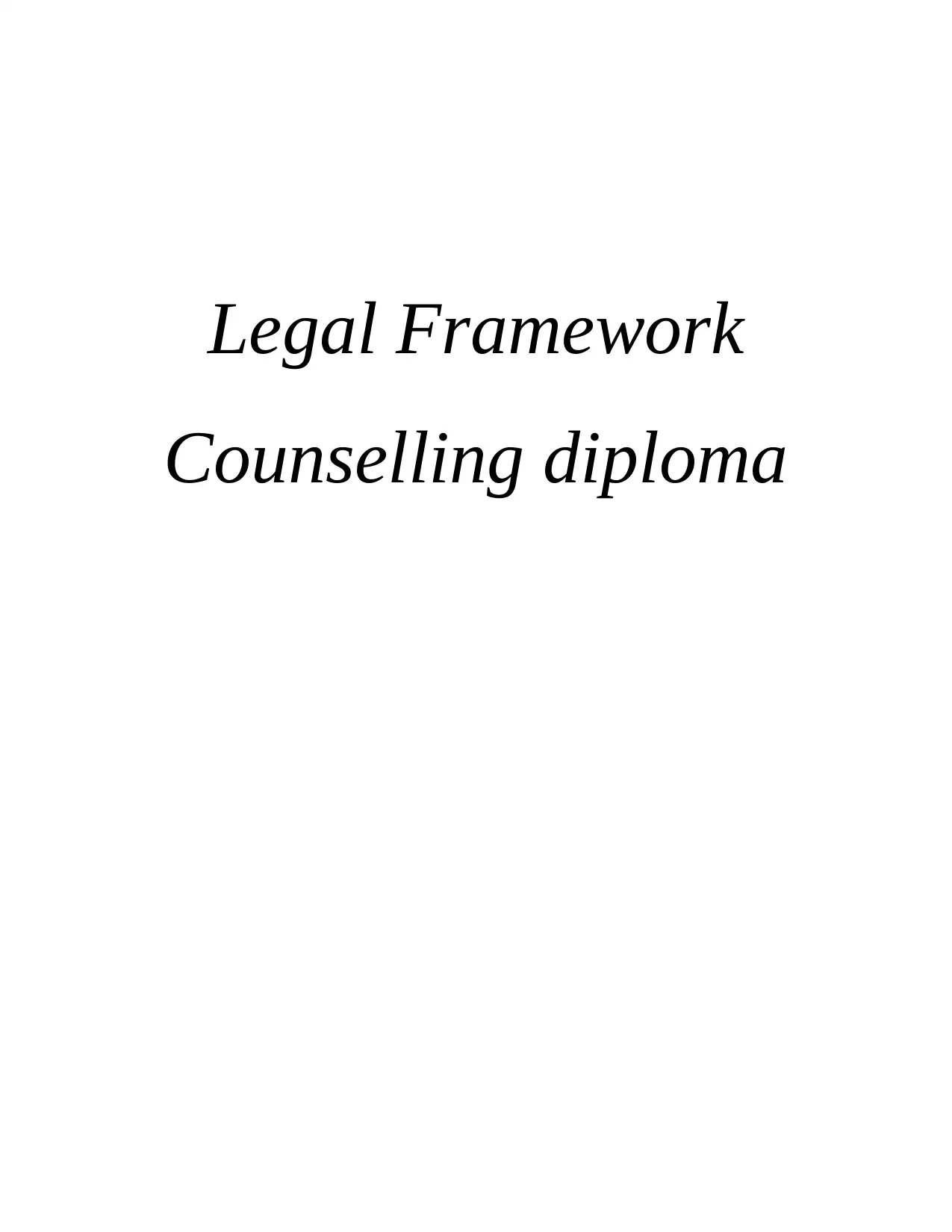
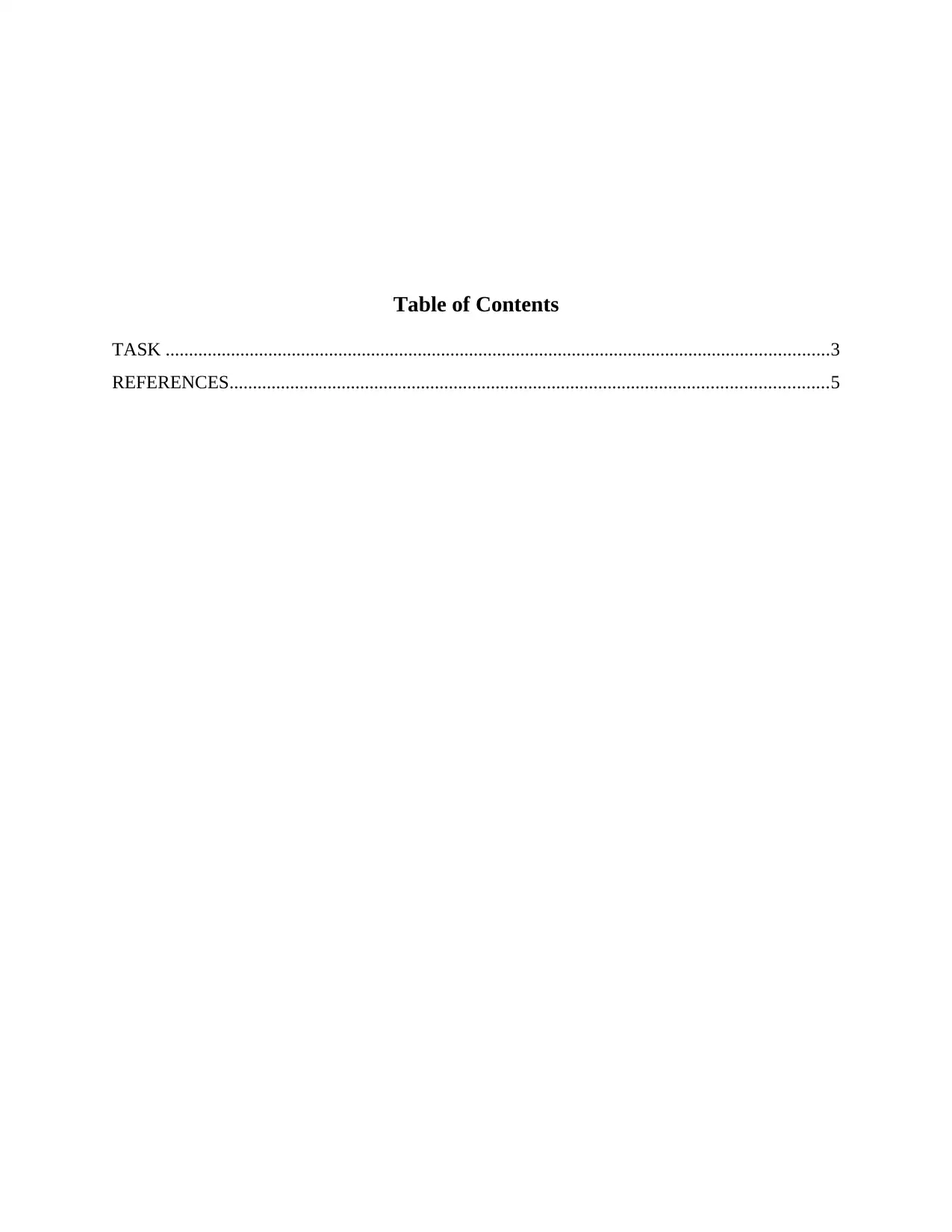
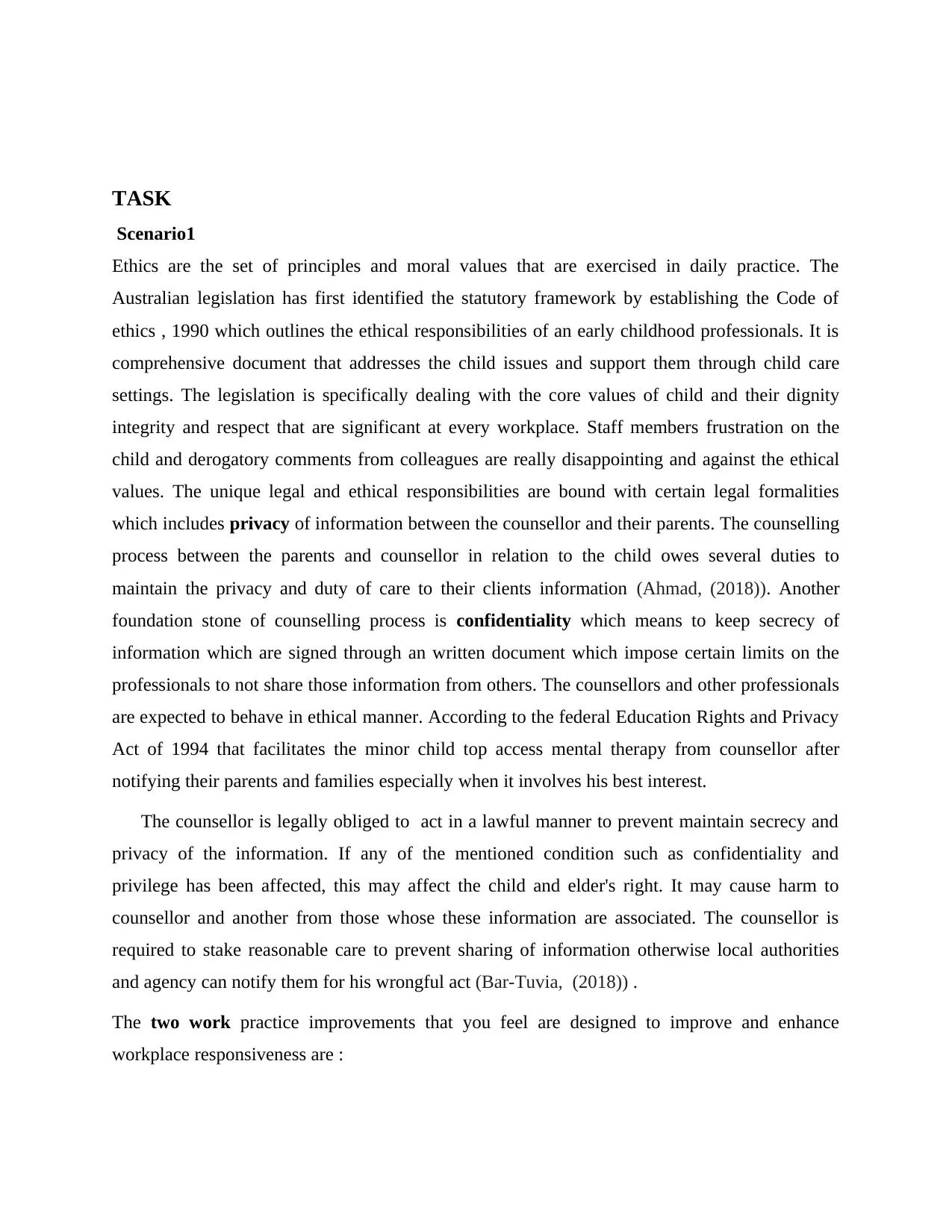

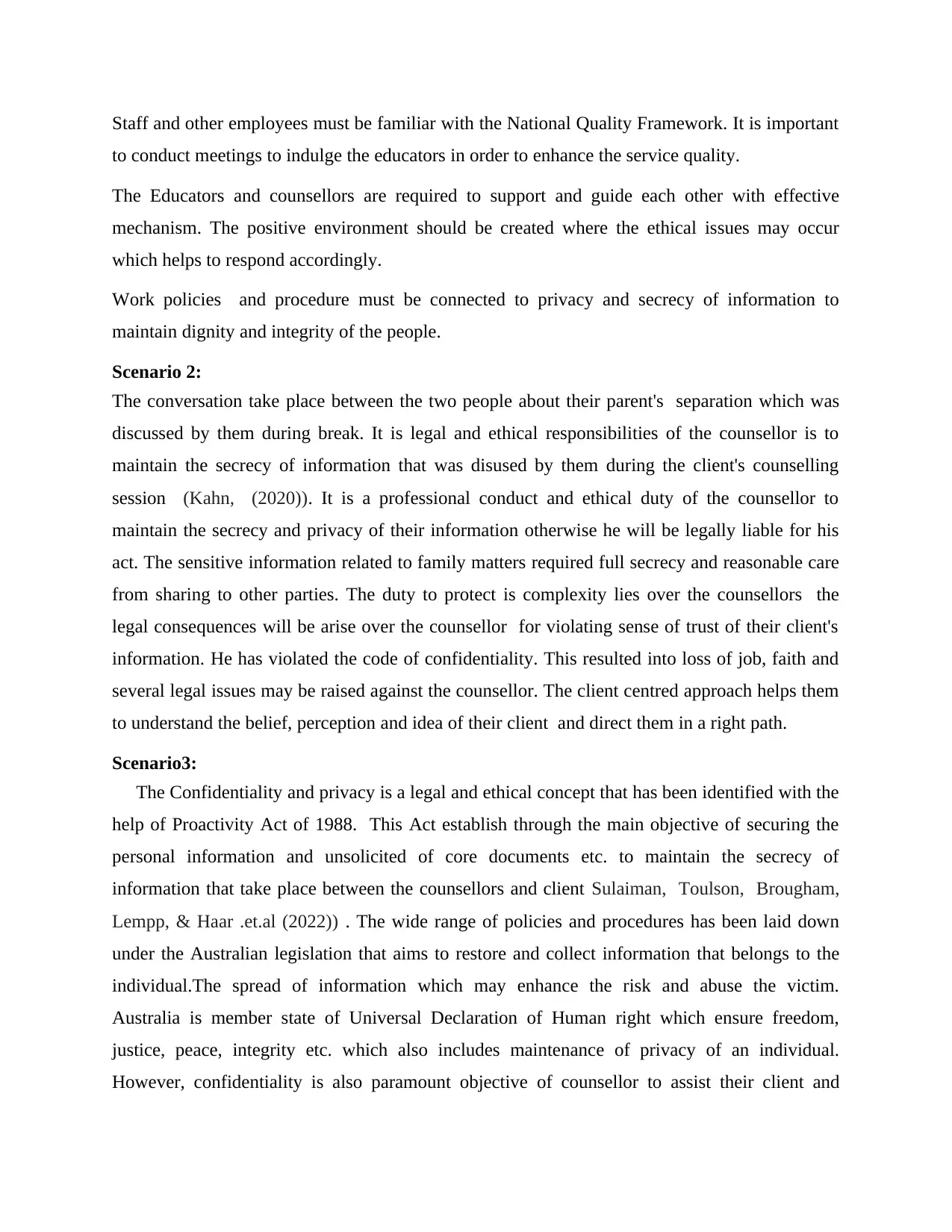
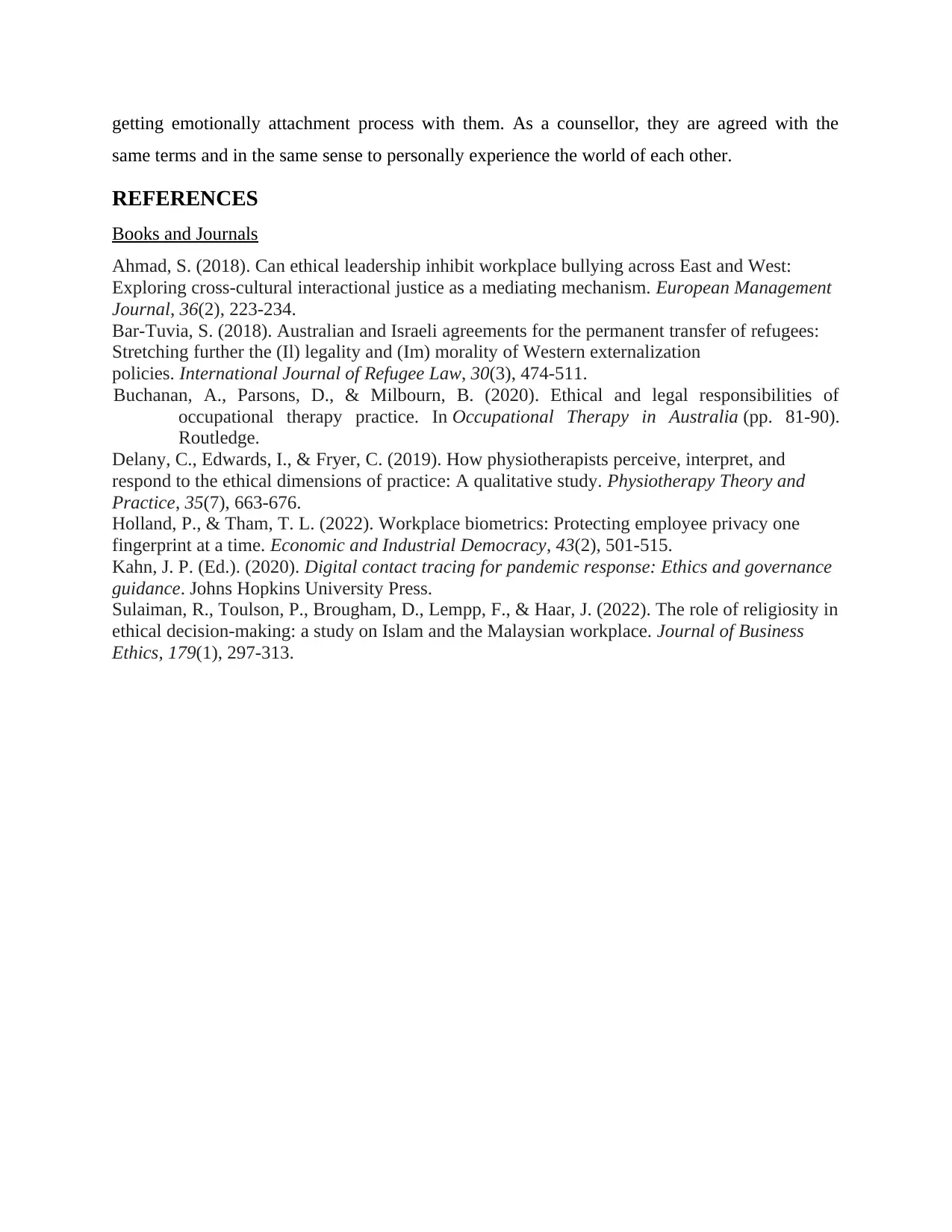






![[object Object]](/_next/static/media/star-bottom.7253800d.svg)